On July 12, Ho Chi Minh City National University (VNU-HCM) organized a seminar on "Building an advanced training and research program in Microchip Design at VNU-HCM", to exchange and learn experiences in program design, training organization, and research development in the field of microchip design from universities with strengths in microchip design training in the Asian region; Share the need for human resource development in the field of chip research, manufacturing, and packaging from the government, localities, and businesses; Complete the training and research program framework in the field of microchip design at VNU-HCM.
At the same time, the seminar aims to promote cooperation between VNU-HCM with universities, international and local organizations and enterprises in the field of microchip training and research; demonstrating the proactive role of VNU-HCM in participating in the implementation of the strategy for developing the microchip industry in Vietnam.
At the seminar, experts analyzed that after the COVID-19 pandemic, the world's semiconductor industry is undergoing a period of restructuring the supply chain to expand the network of suppliers globally to avoid dependence on a single market or region. Microchip design corporations around the world are shifting their operations, increasing investment and seeking potential human resources in Vietnam. From 2021 to now, a number of large corporations such as AT&S (Austria), Ampe Computing (USA), Marvel Technology (USA), Faraday (Taiwan), Realtek (Taiwan), ... related to the microchip industry have come to Vietnam, especially Ho Chi Minh City to develop factories and develop the scale of the design team, the human resources they need are not only back-end design engineers but also architectural and front-end design.
This makes the need for high-quality human resources in microchips more urgent than ever. And in the face of the scarcity of domestic microchip human resources, VNU-HCM, as one of the two largesteducational systems in Vietnam, a leader in research and training activities in many fields, with a team of experienced experts, must be a pioneer in building specialized training programs in microchips.
From the practical needs of society and with the Government's policy documents and development orientation of the semiconductor industry of Ho Chi Minh City, VNU-HCM has always continuously researched and learned from experts, partners, and international universities to promote the development of the Microchip Design industry in member universities of VNU-HCM.
According to Professor Lee Hyuk-Jae, Head of the Department of Electrical and Computer Engineering, Seoul National University (Korea), since 2019, the Korean Government has had a strategy to support the development of the microchip industry. In the next 10 years, 10,000 senior engineers are needed, but training capacity can only supply 5,000 engineers. In the next 10 years, 127,000 engineers are needed, but training can only supply about 50,000 engineers. Another example shows that Samsung is currently the leading Korean corporation in microchip technology, but they cannot compete with their competitors because they only have 10,000 engineers while other competitors have 30,000-40,000 engineers. Therefore, human resources are the most important and difficult problem in Korea today.
Associate Professor, Dr. Mai Thanh Phong, Rector of the University of Technology (VNU-HCM) said: Currently, in Vietnam, there are a few companies that package and test chips, but all of them are foreign companies. However, the human resources needed for this stage are not many and do not require high expertise. That shows that Vietnam can only participate in the chip design stage in the global semiconductor microcircuit supply chain. This is the stage that creates high added value for microcircuits.
Associate Professor, Dr. Mai Thanh Phong commented: Vietnam currently has many advantages to welcome the wave of restructuring of the global microchip technology industry. Many microchip design corporations in the world are shifting to Vietnam and looking for high-quality human resources in large numbers.
At the seminar, delegates also affirmed: In the Party's Resolutions and the Government's decisions, the development of the information technology, electronics and telecommunications industry is identified as the main path, with priority for investment and development. The Government has assigned the Ministry of Information and Communications to develop a strategy for human resource development in the field of microchip design, but so far there has been none.
Among more than 300 universities and colleges, only a few have training programs or transfer programs from majors related to microchip design. However, the training programs lack laboratories and practical training, the schools do not have the capacity to invest in equipment, and cooperation with businesses in this field is even rarer...
Delegates also said that it is necessary to have a long-term strategy along with policies and solutions to develop human resources for microchip technology. First of all, it is necessary to focus on pioneering universities such as Hanoi National University, Ho Chi Minh City National University, Hanoi University of Science and Technology to train advanced human resources for the microchip technology industry.../.
Source












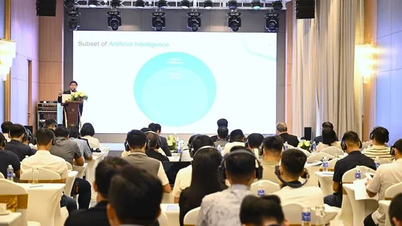










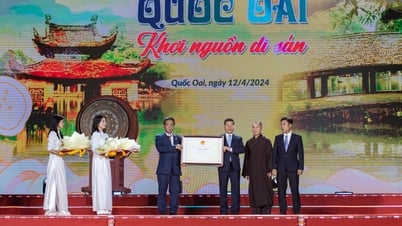

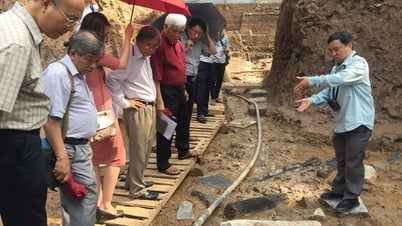








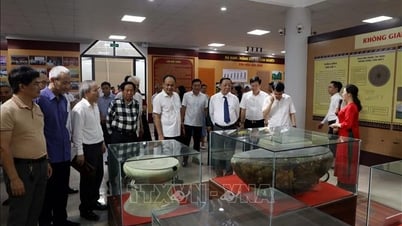








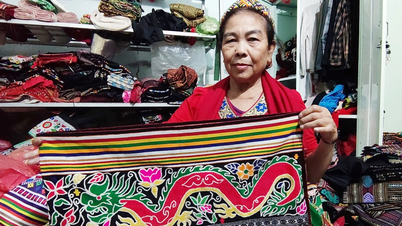




















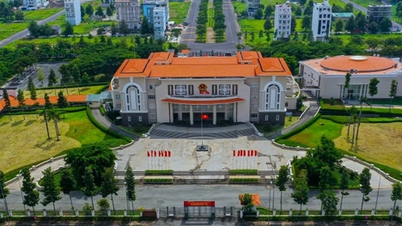






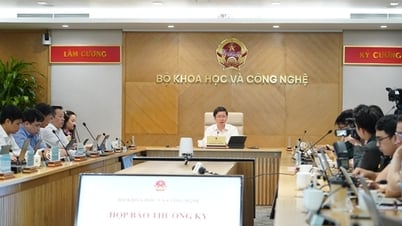

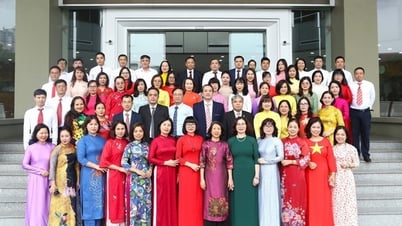





























Comment (0)